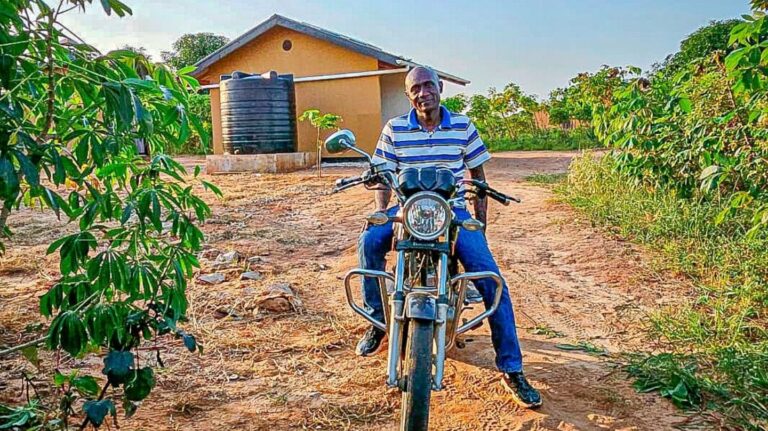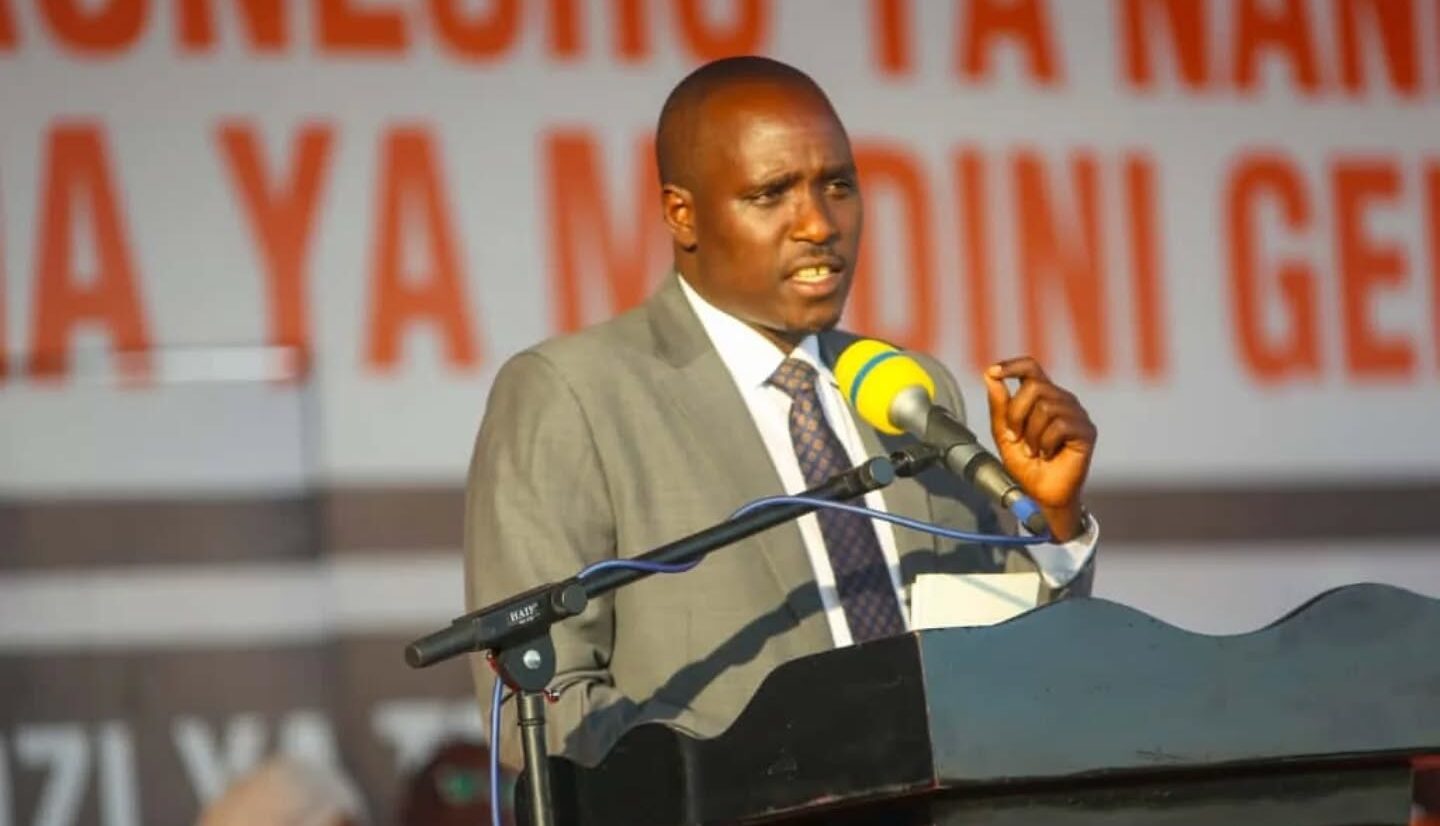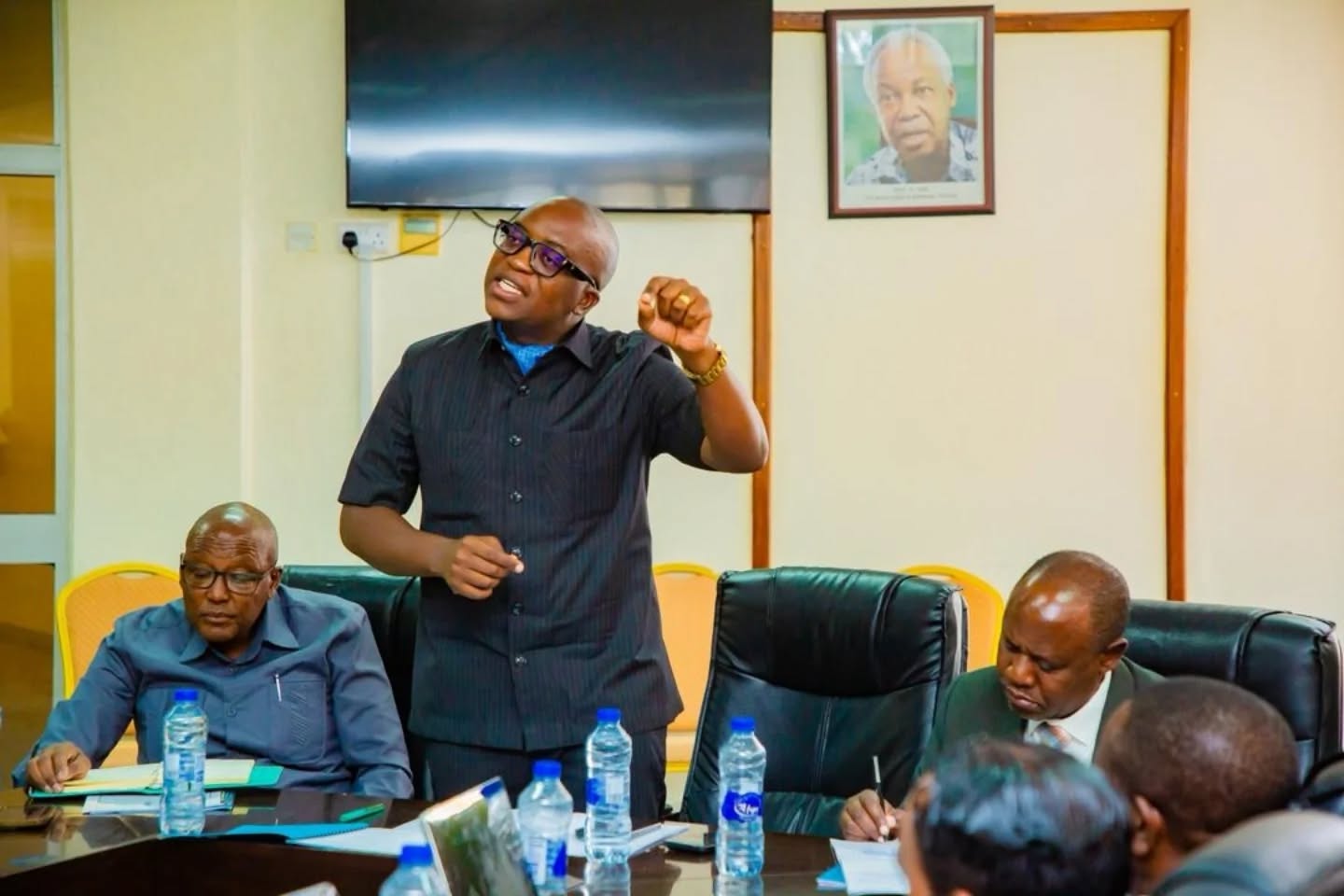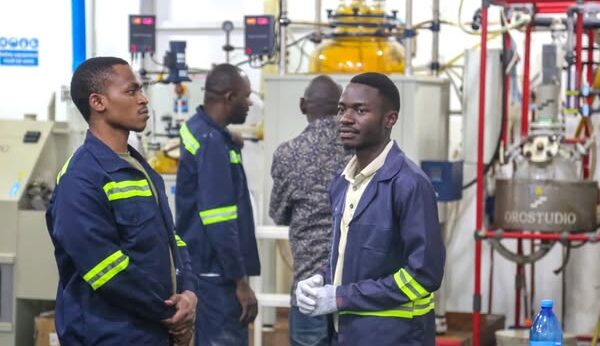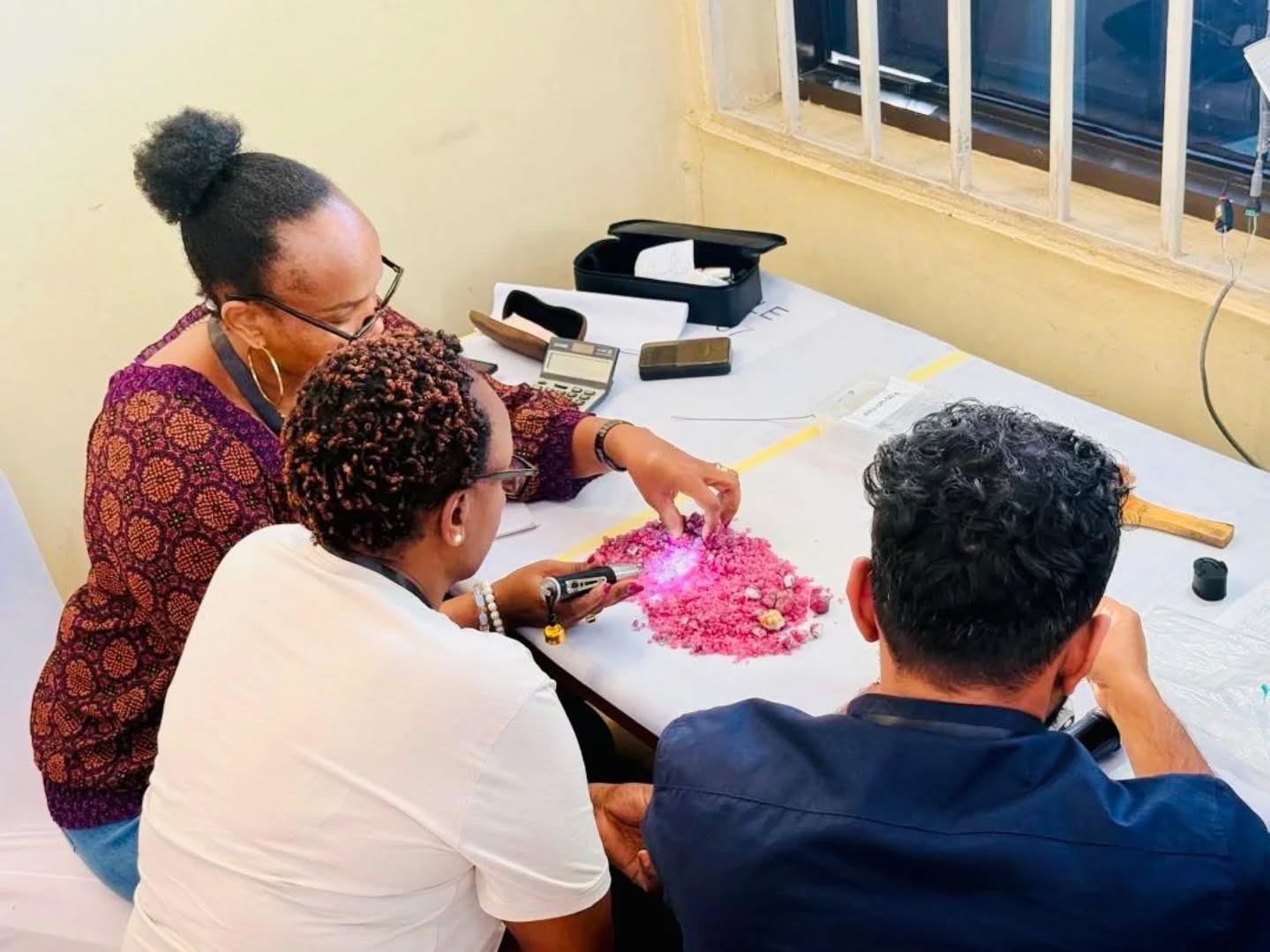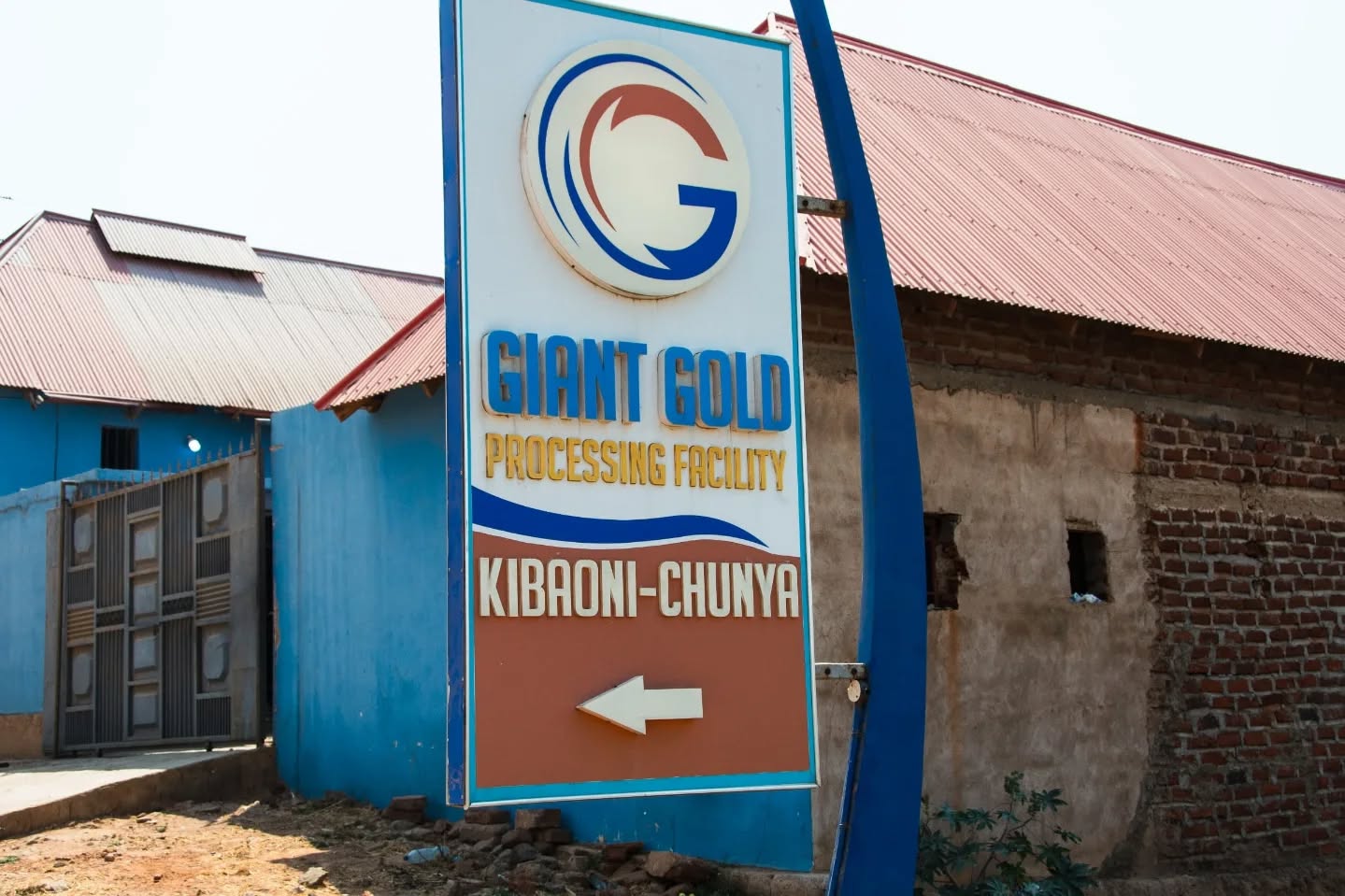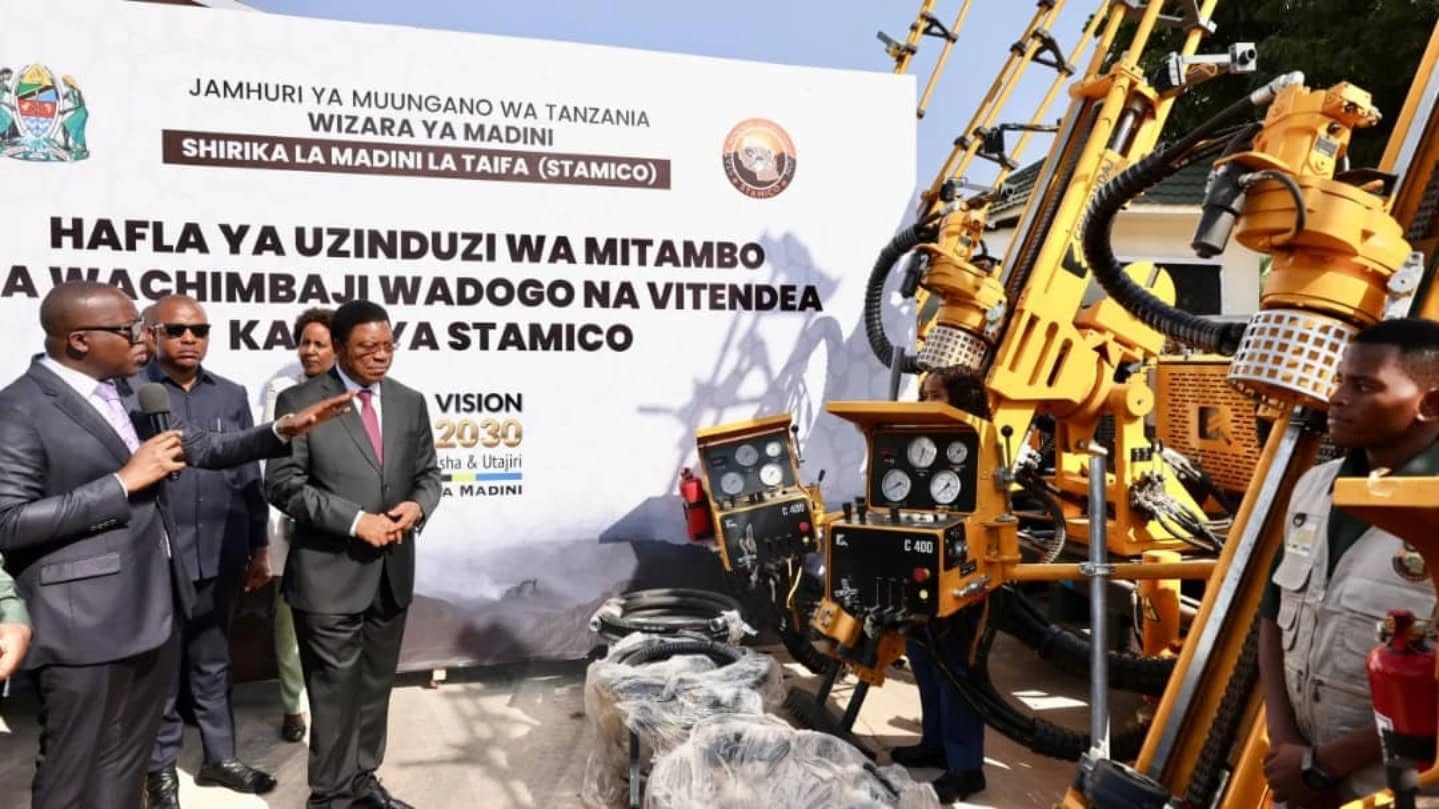Tanga. Residents living in villages along the East African Crude Oil Pipeline (EACOP) corridor have hailed the government of President Samia Suluhu Hassan for spearheading one of the most economically transformative projects in their region.
They said the implementation of the 1,443-kilometre pipeline has not only opened up economic opportunities but also significantly improved individual livelihoods, particularly in Tanga Region, where the pipeline makes landfall.
Speaking on July 16, 2025, at different times and locations during an inspection visit by a team from the Ministry of Energy, the Tanzania Petroleum Development Corporation (TPDC), and the Tanzania Broadcasting Corporation (TBC), several residents gave testimonies of how their lives had changed for the better since the commencement of the multi-billion-dollar project.
“I have never witnessed a development project that has had such an impact on the economic wellbeing of ordinary citizens like the EACOP. We are very grateful to the Government of Tanzania for allowing its implementation,” said Mr Loita Naftali, a resident of Chongoleani Ward.
Mr Naftali said apart from being resettled in newly built houses, affected residents were offered financial assistance of up to Sh500,000 per month to support their livelihoods, in addition to receiving training in entrepreneurship, modern agriculture and animal husbandry.
“These interventions have given us the tools to move from dependence to self-reliance,” he added.
Another beneficiary, Mr Kassim Mwavezo Mbega, noted that since the project broke ground, Tanga Region has experienced a surge in economic activity.
“The flow of money in the region has grown significantly. The number of guest houses, private homes, and financial institutions is rising sharply as more visitors and project stakeholders flock to the region,” he said.
He attributed the boom in construction to increased demand for accommodation and services linked to EACOP operations.
On his part, the National EACOP Project Coordinator from TPDC, Mr Asiadi Mrutu, said the compensation process was guided by international standards and included a special livelihood restoration programme.
“The aim was to ensure that those affected would not only be compensated but also empowered. Training was offered on entrepreneurship, modern farming, livestock keeping, and financial literacy so that people could start or expand income-generating activities,” he said.
Mr Mrutu said the programme has led to substantial improvements in living standards and created job opportunities for locals residing near the project corridor.
Earlier in the day, the delegation from the Ministry of Energy, TPDC and TBC visited various sections of the pipeline route to assess the progress of the project’s implementation.
Ask ChatGPT

